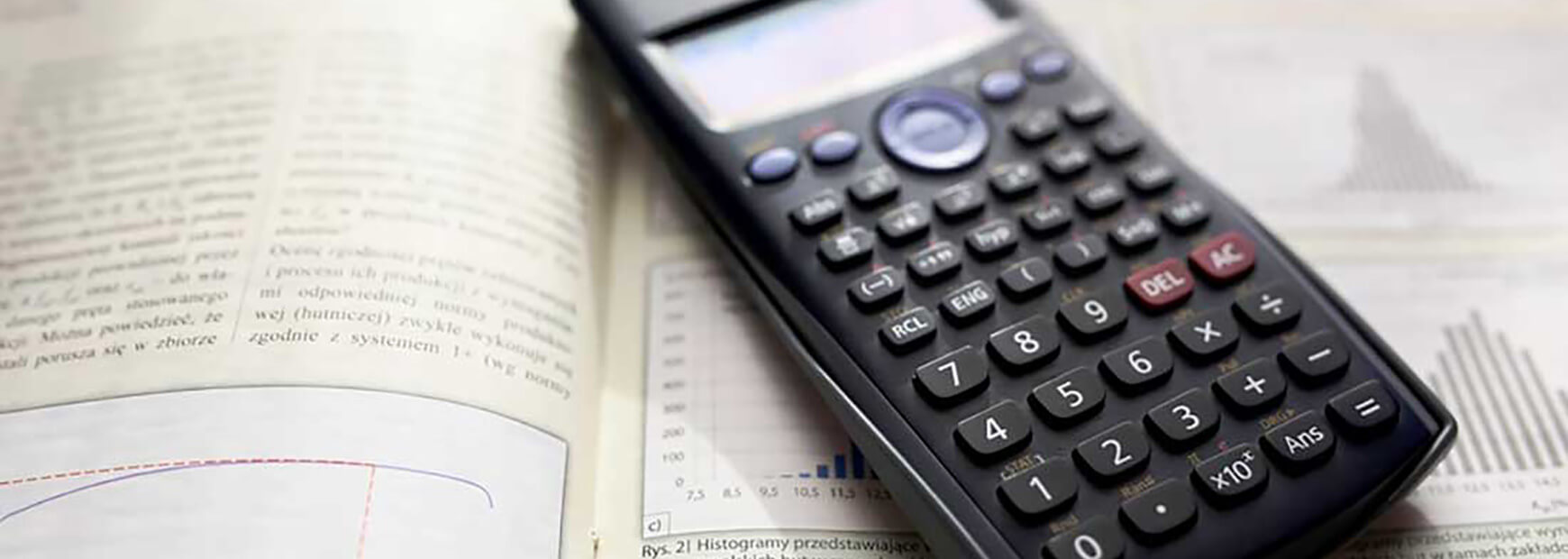Welcome to Matrix Education
To ensure we are showing you the most relevant content, please select your location below.
Select a year to see courses
Learn online or on-campus during the term or school holidays
Learn online or on-campus during the term or school holidays
Learn online or on-campus during the term or school holidays
Learn online or on-campus during the term or school holidays
Learn online or on-campus during the term or school holidays
Learn online or on-campus during the term or school holidays
Learn online or on-campus during the term or school holidays
Get HSC exam ready in just a week
Select a year to see available courses
Science guides to help you get ahead
Science guides to help you get ahead
In this post, we explain why the fundamentals you've learned in Year 11 Chemistry are the backbone for success in Year 12!

Join 75,893 students who already have a head start.
"*" indicates required fields
You might also like
You might already know that your marks from Year 11 Chemistry won’t count towards your HSC mark, but don’t throw out all your Year 11 notes just yet. The Preliminary Course is assumed knowledge for the HSC course, where you’ll be exploring the concepts you learned previously in greater depth.
We’ve put together a list of some of the most important concepts you need to know inside out to ensure you have a solid foundation for success in Year 12 Chemistry.
Moles are the central currency of chemistry. All throughout Year 12 (and later, if you decide to do science-related studies at university), you’ll be performing calculations where you’ll convert from moles to:
and vice versa. You should have committed these equations to memory:
\( n = \frac{m}{MM}\)
\(n = \frac{PV}{RT}\)
\(c = \frac{n}{V}\)
You’ll also need to be able to solve straightfoward mole calculations as well as limiting reactant questions, where one or more reactants are left over after the reaction is complete.
Start HSC Chem confidently
Expert teachers, comprehensive resources, one-to-one help! Learn from home with Matrix+ Online.
In Year 11 chemistry, you learned about the three types of intermolecular forces that govern interactions between molecules:
Questions will often need you to remember when each intermolecular force arises, what their strength depends on, and how they relate to physical properties like boiling point, volatility and solubility.
Can you quickly work out the formula of an ionic compound from its name? Then congratulations – you’re well on your way to acing Year 12 chemistry! If you’re a bit rusty, try to get in some revision before you get bogged down in assignments.
Polyatomic ions will frequently show up in questions too, as well as the formulae for common compounds like water, ammonia, hydrochloric acid and sulfuric acid.
The physical chemistry concepts you studied in the Preliminary Course will show up again in Year 12. This includes:
Written by Matrix Science Team
The Matrix Science Team are teachers and tutors with a passion for Science and a dedication to seeing Matrix Students achieving their academic goals.© Matrix Education and www.matrix.edu.au, 2023. Unauthorised use and/or duplication of this material without express and written permission from this site’s author and/or owner is strictly prohibited. Excerpts and links may be used, provided that full and clear credit is given to Matrix Education and www.matrix.edu.au with appropriate and specific direction to the original content.